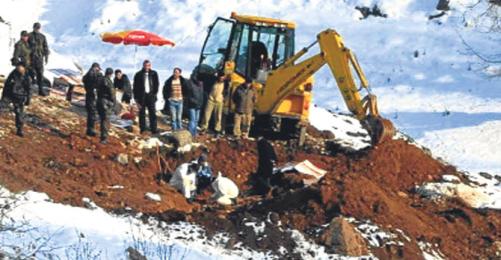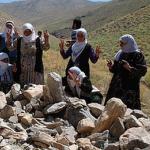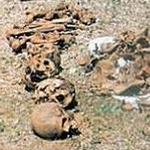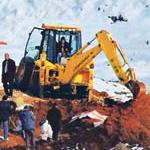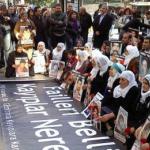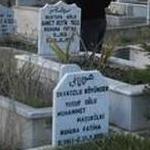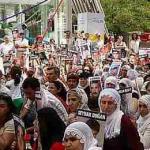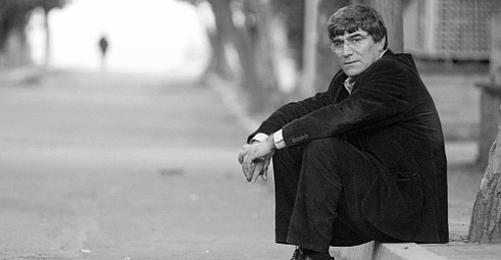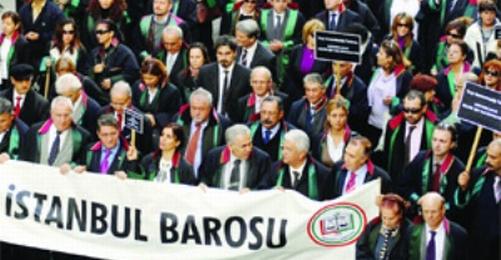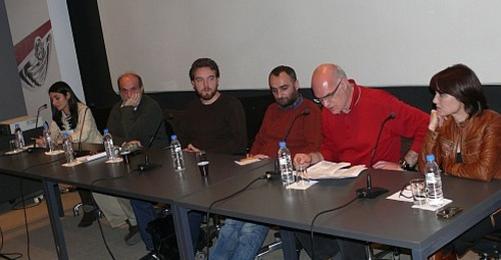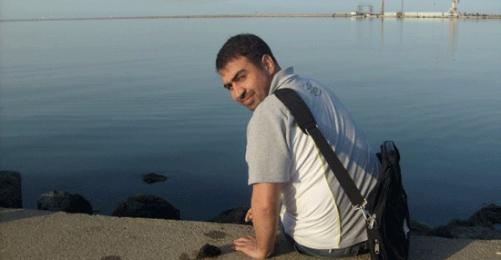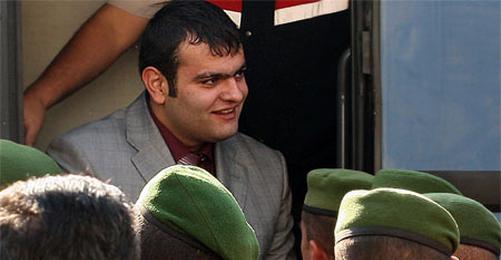After a mass grave was discovered in Mutki, a district of Bitlis in the pre-dominantly Kurdish region of south-eastern Turkey, this January, the issue of unsolved murders is back to the agenda. Specialists and human rights defenders claim that haphazard excavations carried out with shovels were not acceptable. They demanded an independent international team in order to reveal the truth.
Prof. Şebnem Korur Fincanı is an expert on forensic medicine, the determination of torture and rehabilitation measures. She remarked that the state could not investigate a crime that is being imputed on the state itself. Doubts would still remain even if the investigation would have been carried out in accordance with scientific methods, Fincancı stated.
Lawyer Taylan Tanay, President of the Contemporary Lawyers Association (ÇHD) Istanbul Branch, said that they were going to file a criminal complaint about the officials on duty at the time. The people to be litigated include former Prime Minister Tansu Çiller, former Chief of Staff Doğan Güreş, former Chief of Police Mehmet Ağar, politician Ünal Erkan and former Governor of Istanbul Hayri Kozakçıoğlu among others.
Violations during excavations
In a panel discussion organized by the Istanbul Bar Association on Thursday (17 February, Fincancı declared, "The use of shovels is unacceptable in the area expected to be a mass grave. Excavations in the entire area must be done delicately. An investigation without archaeologists and anthropologists that looses evidence is inacceptable".
"The people that were found in the excavations even had their shoes still. In fact, everything they were wearing should have been taken to be secured. You cannot carry out an investigation otherwise. Forensic procedures were neglected during the excavations. A trial should be filed against all public prosecutors, physicians and members of the judiciary who are responsible for this".
Fincancı, who is also the President of the Turkish Human Rights Foundation (TİHV), criticized that they could not get hold of DNA material after the excavations and stressed the difficulty of determining the DNA from bones that were crushed and broken by the shovels.
Co-operation with relatives of the disappeared
Fincancı mentioned the importance of the government's refusal to sign the United Nations (UN) International Convention for the Protection of All Persons from Enforced Disappearance.
She explained that they started to take blood and DNA samples from the relatives of disappeared persons in order to be able to identify the bodies.
Lawyer Tanay said that they are still waiting for a statement on 114 mass graves and 1469 disappearances as claimed in reports of human rights organizations. Tanay held the government responsible for these cases.
Lale Tırtıl from the Forensic Medicine Specialists Association pointed out that governments were also carrying the responsibility for the actions of the preceding governments and reminded not to forget the principle of "continuity of the state". She added, "Mass graves are not only the problem of the relatives of the disappeared but of the entire country and the conscience". (EG/EÜ/VK)





